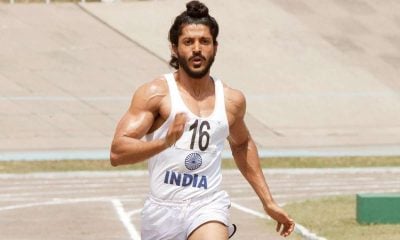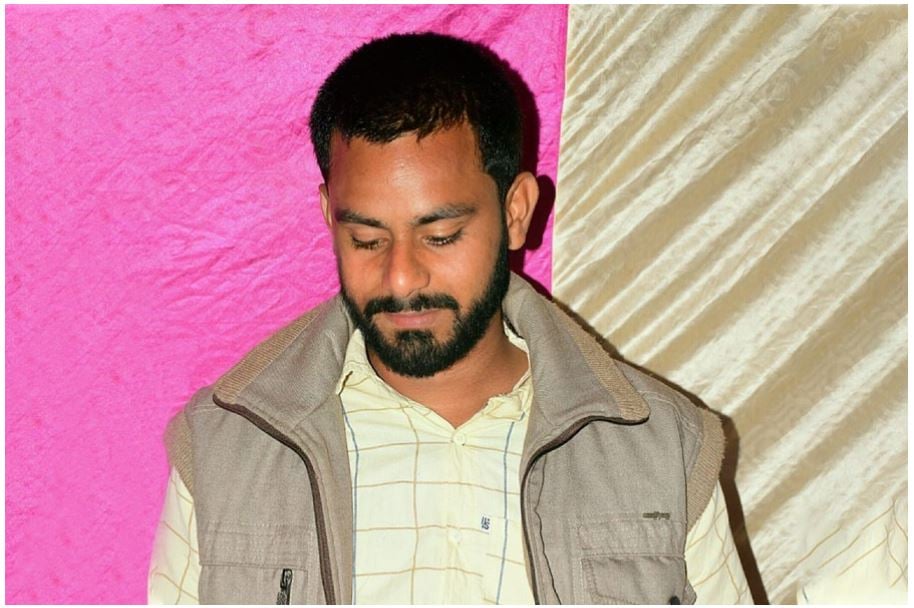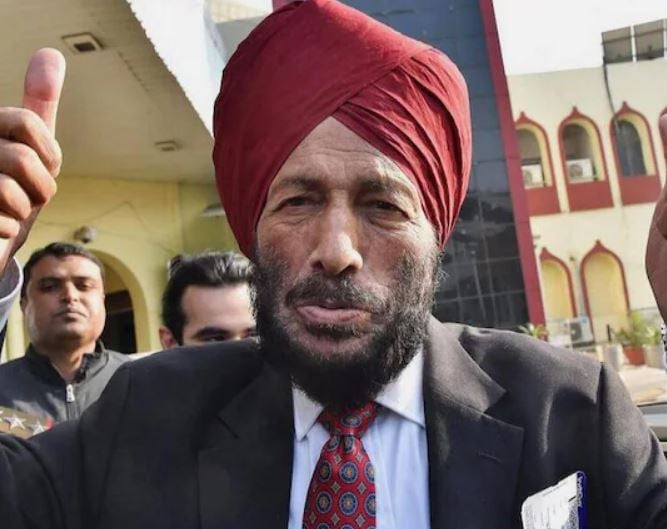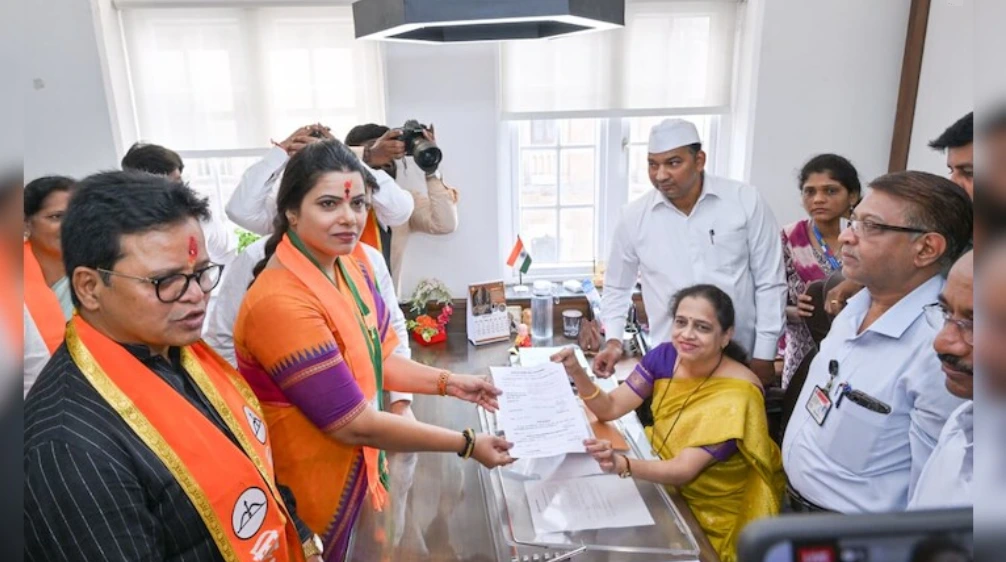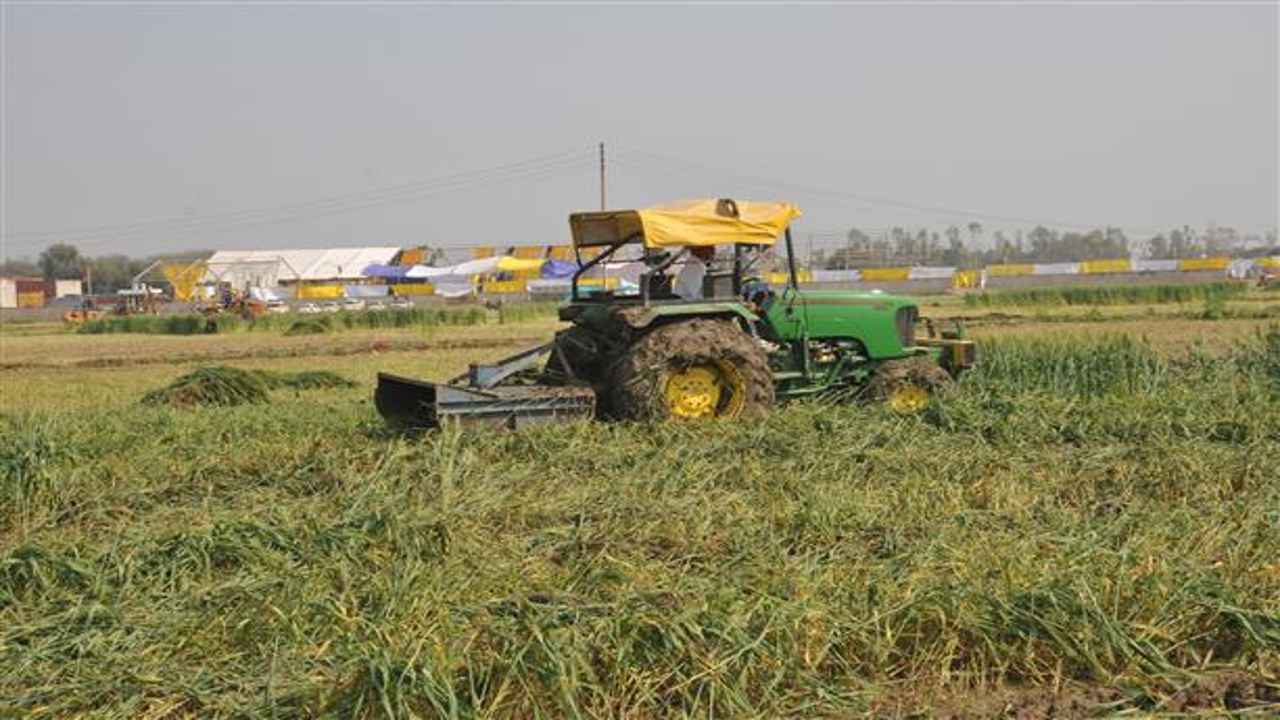India News
Milkha Singh birth anniversary: When Flying Sikh’s Pakistani competitor was taken prisoner of war in 1971
Born in a Rathore Rajput Sikh family, Milkha Singh popularly known as Flying Sikh became the only athlete to win gold at 400 metres at the Asian Games as well as the Commonwealth Games.
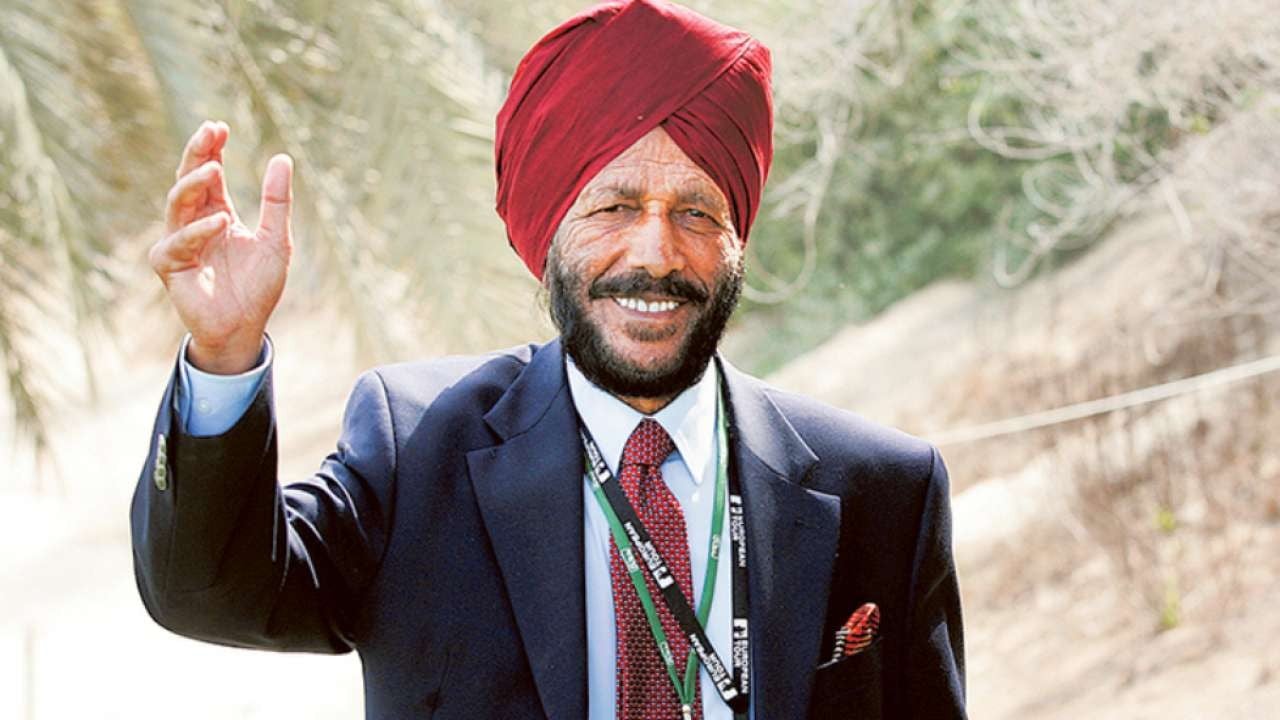
India News
BJP’s Ritu Tawde set to become Mumbai mayor, Shiv Sena’s Sanjay Ghadi named deputy
BJP’s Ritu Tawde is set to take charge as Mumbai mayor, marking the first break in Shiv Sena’s 25-year dominance of the post. Shiv Sena’s Sanjay Ghadi will serve as deputy mayor.
India News
Trump lifts additional 25% tariff on India after deal on Russian oil imports
The United States has lifted an extra 25% tariff on Indian goods after India committed to stopping Russian oil imports as part of a new trade agreement.
India News
Centre reassures farmers as India-US trade deal nears completion
The Centre has assured farmers that the upcoming India-US trade deal will not harm agriculture or dairy, while creating new export opportunities for India.
-
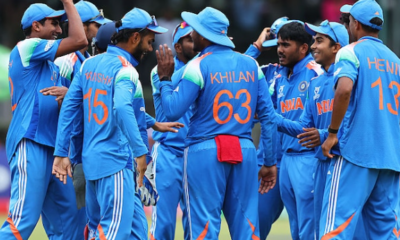
 Cricket news19 hours ago
Cricket news19 hours agoIndia wins sixth U19 World Cup title with dominant 100-run win over England
-

 Latest world news20 hours ago
Latest world news20 hours agoSuicide bombing at Islamabad imambargah kills 69, over 160 injured
-

 India News7 hours ago
India News7 hours agoTrump lifts additional 25% tariff on India after deal on Russian oil imports
-
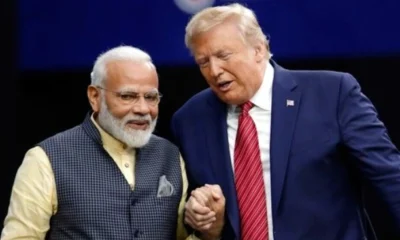
 Latest world news4 hours ago
Latest world news4 hours agoPM Modi thanks President Trump, says India-US trade framework reflects strong partnership
-

 India News4 hours ago
India News4 hours agoBJP’s Ritu Tawde set to become Mumbai mayor, Shiv Sena’s Sanjay Ghadi named deputy

